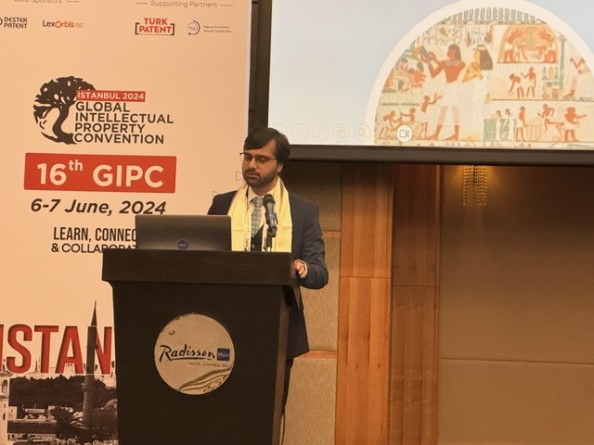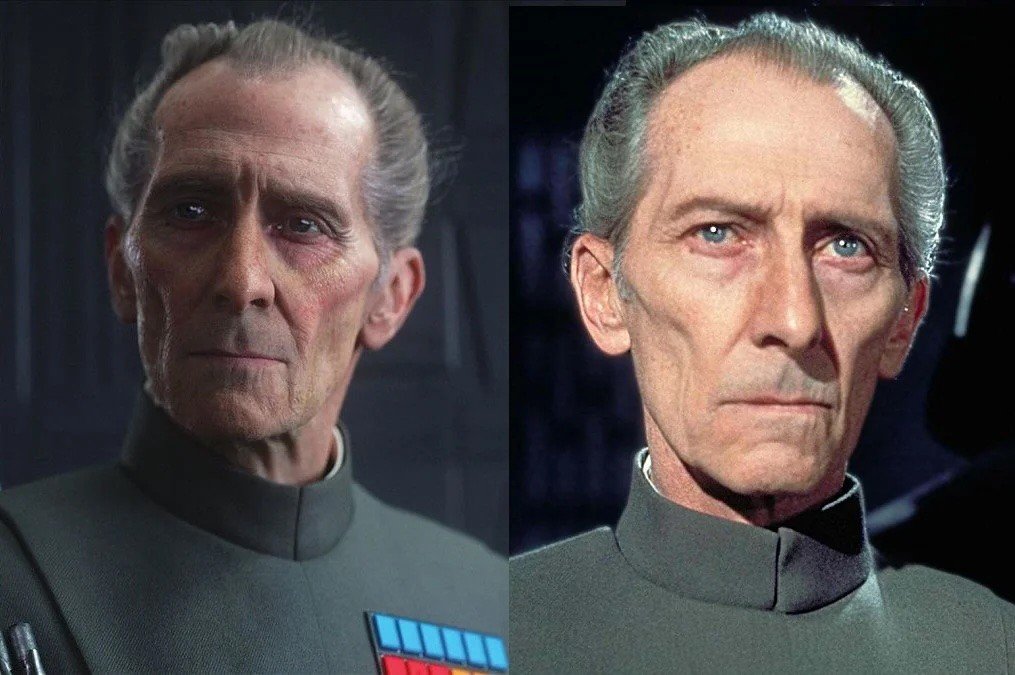On the other hand, in the entertainment industry, using deepfake is a cost-effective solution for actors and filmmakers. Licensed imaging allows actors to endorse products or appear in games without the need to film scenes, which can lower costs for the licensee. If actors do not need to spend several days filming, they can offer their likeness for lower royalty fees.
Deepfakes can also be licensed to bring deceased actors back to life to ensure story continuity. In the 2016 Star Wars film Rouge One, the late Peter Cushing’s image was mapped onto actor Guy Henry’s face to bring Grand Moff Wilhuff Tarkin back to life. Deepfaked images of football players have also been used to recreate iconic adverts when the actual players are now too old to perform the tricks they could 10 years ago.
Additionally, Biswas noted that directors can also use deepfakes to pre-screen actors to see if they fit the part or to see how an actor would look in a particular costume, reducing the need for lengthy casting sessions and lowering costs.
Similarly, fashion houses use deepfake technology to allow customers to try on clothes digitally first, giving them the ability to see how they look in them in a variety of settings. It can also be used to enable people to customise clothes before they order.
Dangers of deepfakes
“The word remains in a negative light,” said Biswas. He pointed out that deepfakes can be used to make politicians say and do things they didn’t, spreading misinformation and damaging public opinion if not controlled. They can also be used to create fake news stories. Biswas emphasized that the negative impact on businesses should not be understated with corporate fraud and fake endorsements costing US$78 billion annually.
Despite these concerns, we must acknowledge the enormous positive aspects of deepfake technology if it is managed correctly, he concluded.
Biswas spoke on the opening day of the Global IP Convention, which is taking place in Istanbul, Turkey, on June 6 and 7, 2024.
- Darren Barton








